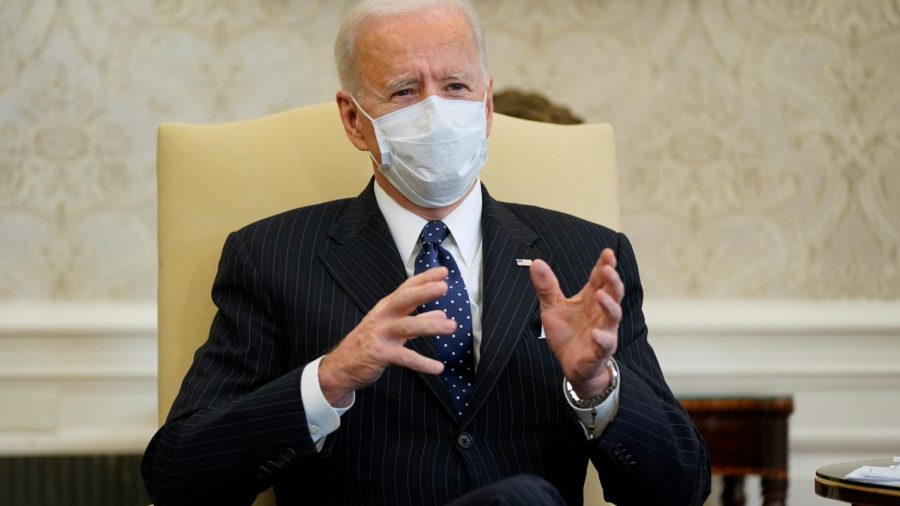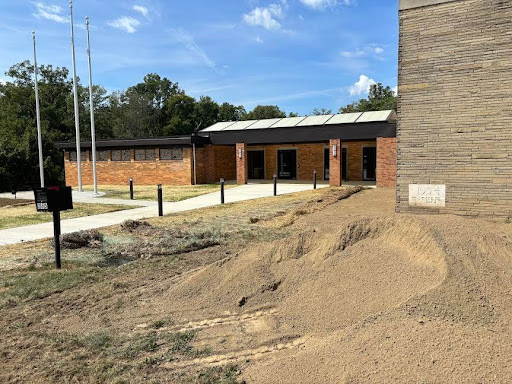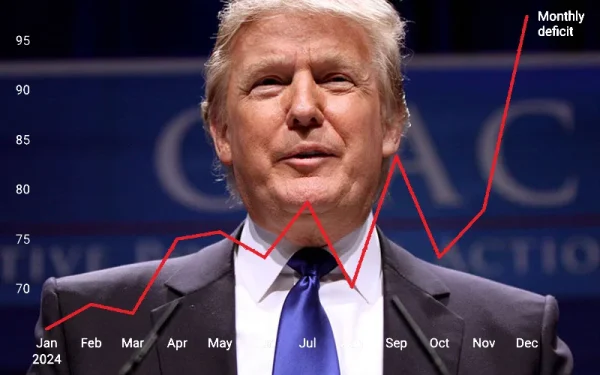Biden fights pandemic in first 100 days
This image was accessed via Google Images under the Creative Commons License
President Biden wears a mask at all of his meetings, conferences and television appearances to encourage others to prioritize public health safety.
The first United States president to coin the term “first 100 days” was Franklin D. Roosevelt. When he took office in 1933, a quarter of Americans were unemployed and the country was facing the financial panic that was the Great Depression. To take immediate action and gain the trust of the American people, Roosevelt established fifteen major pieces of legislation in his first 100 days, revamping the financial system, expanding unemployment relief and laying the foundation for economic recovery. Since then, presidents have relied on their first 100 days to not only enact swift changes but also set the tone for their entire term.
Today, President Biden is facing a similar situation to that which was presented to Roosevelt decades ago; he is entering the presidency during a time of extraordinary crisis. The success of Biden’s presidency will likely be defined by his ability to combat the COVID-19 pandemic and rescue the American economy, so he has entered the White House with an expansive agenda.
It has been almost two months since Biden’s inauguration, and the new president has mainly focused his efforts on taming the pandemic. He entered office with the hopes of vaccinating 100 million Americans by April 30, his 100th day in office. Biden is currently succeeding in achieving this goal, with approximately 1.5 million vaccines being administered every day and a total of 68 million doses already administered nationwide.
Biden and his pandemic response team have been working tirelessly to allocate COVID-19 vaccines to various states and jurisdictions, with shipments of FDA-authorized vaccines arriving daily at sites across America. Biden has pledged to improve the speed and equity of vaccine distribution, expanding supply and reaching underserved communities as much as possible.
In addition to organizing vaccine rollout, Biden’s administration has proposed a new relief package to curb the effects of the pandemic. This $1.9 trillion proposal would include money for many goals such as expediting the distribution of vaccines, reopening schools, expanding unemployment benefits and sending more cash payments to Americans. Biden’s proposal, if approved by Congress, could potentially reverse some of the economic damage that the pandemic has caused.
While Biden has been focused on slowing the spread of COVID-19, he is also undertaking efforts to champion racial justice and establish an environment of inclusion and equality in his administration. For this reason, his proposed stimulus plan includes assistance for communities of color, funds to expand community health centers and relief for minority-owned small businesses.
Biden’s administration also plans to reverse many Trump-era policies on immigration. Already, Biden has put forward a bill that would create a path to citizenship for millions of undocumented immigrants and increase aid to Central American countries.
Biden is also championing the representation of minorities in his cabinet. The Senate has currently confirmed nine out of twenty-three of Biden’s proposed Cabinet members, which include the first female director of national intelligence, the first Latino Cabinet secretary and the first openly gay Cabinet secretary.
Biden has also put an emphasis on organizing responses to climate change; within hours of his inauguration, Biden rejoined the Paris Agreement. He plans to collaborate with other nations to pursue environmental protection measures.
As the first 100 days of a president’s term often set the tone for the next four years of leadership, Biden has established clear goals for an end to the pandemic, recovery of the economy, expansion of racial justice, and protection of the environment.
When not busy with schoolwork or The Hiller, Emma enjoys being involved throughout the school and community. She is proud to play viola in Trinity’s...






